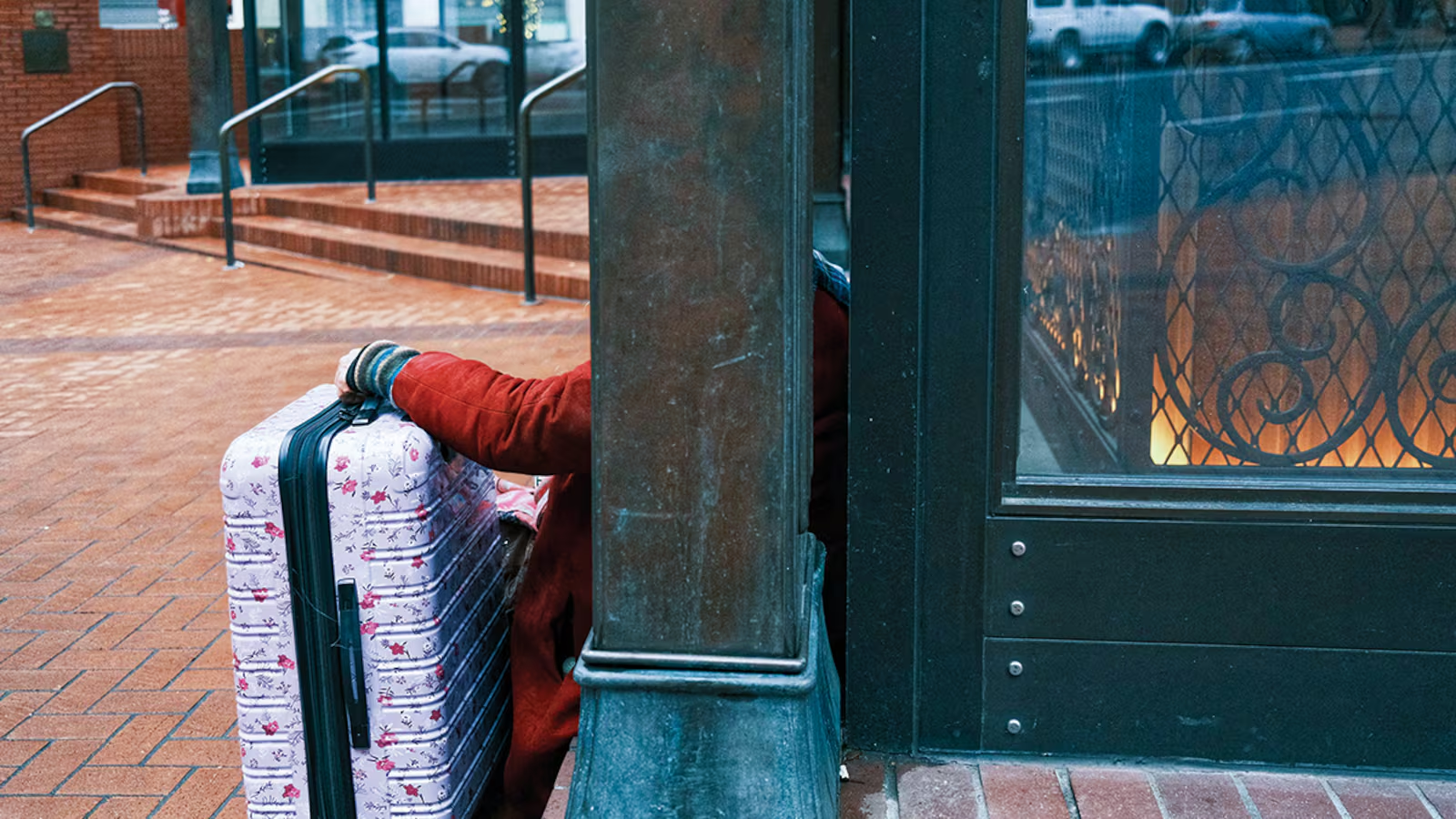PORTLAND, Ore. — The City of Portland has accused a Vancouver-based PeaceHealth clinic of improperly discharging a 70-year-old disabled homeless woman and sending her by taxi across state lines to a Portland shelter without coordination or consent.
City Issues Cease-and-Desist Letter
In a Sept. 10 letter to PeaceHealth president and CEO Elizabeth Dunne, Portland City Attorney Robert Taylor alleged that staff at the PeaceHealth Fisher’s Landing Clinic placed the elderly woman—who uses a wheelchair—into a cab and directed the driver to take her to a homeless shelter in Portland.
According to the city’s account, the woman was dropped off at the shelter nearly eight hours before it opened, forcing her to remain outside in 90-degree heat without food or assistance.
Also Read
“They arrived at an overnight shelter nearly eight hours before the shelter’s scheduled opening,” Taylor wrote. “In those hours before staff could assist her, she sat alone and vulnerable on a Portland street, in nearly 90-degree heat.”
Taylor’s letter demanded that PeaceHealth immediately cease all uncoordinated patient transfers to Portland shelters and train staff on proper discharge procedures to prevent similar incidents.
Mayor’s Office Confirms Incident
Rob Layne, spokesperson for Mayor Keith Wilson, confirmed that the woman was left outside one of the city’s newly opened nighttime shelters in the Pearl District. Layne said the woman did not request to be sent to Portland, nor did she know where she was being taken.
“The participant reported that they did not ask to be referred to a Portland shelter, but that they were told they were being taken to a place where she could get help,” Layne said. “When she arrived, she did not have access to food or other support.”
“Hospital Dumping” Sparks Outrage
Mayor Wilson publicly addressed the incident during an Oct. 21 Metro Council meeting, calling it an example of “hospital dumping” — the practice of transferring homeless or indigent patients to other jurisdictions without proper planning or care coordination.
“I met with them and explained to them, if it happens again, you’ll be sued,” Wilson said.
He noted that this was not the first time city officials had heard similar reports. “We’ve heard of hospitals and jails dropping folks off into homelessness on the streets,” Layne said, “but this is the first verified report of a hospital from out of state doing it.”
Broader Debate on Homelessness and Responsibility
The issue surfaced during a discussion about Wilson’s “reunification” strategy, one component of his plan to end unsheltered homelessness within his first year in office. The strategy involves helping unhoused individuals reconnect with family or support networks in other cities or states.
However, Metro Councilor Christine Lewis questioned the approach, warning it could reinforce the so-called “magnet myth”—the belief that Portland’s social services attract homeless individuals from elsewhere.
Lewis argued that most people without housing in Portland are locals, not transplants from other regions. “They’re not going home to Topeka,” she said. “They’re going home to West Linn.”
In response, Wilson cited the most recent Multnomah County Point-In-Time count, which found that about 26% of people living on Portland’s streets are from out of state. “I think that’s an undercount,” he said.
A Contested Narrative
The question of whether other cities or institutions send homeless individuals to Portland has long been controversial. While some argue the city’s network of shelters and services makes it a destination for those in need, others say that claim overstates Portland’s role and shifts blame away from broader systemic issues such as housing costs, health care access, and mental health support.
The alleged PeaceHealth incident, however, has given new weight to the debate. It suggests that, at least in some cases, individuals experiencing homelessness may indeed be brought to Portland from outside jurisdictions without their consent.
PeaceHealth Yet to Respond
As of now, PeaceHealth has not issued a public statement responding to the city’s allegations. Portland officials say they hope the cease-and-desist letter will lead to clearer communication and stronger discharge protocols between hospitals and shelter providers.
For Mayor Wilson, the incident underscores a larger problem. “No one should be abandoned on the street in another city,” he said. “That’s not health care — that’s neglect.”












